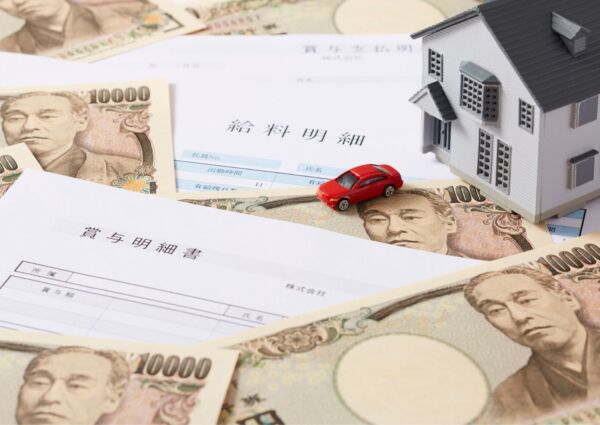Procedures & Counseling
September 1, 2025Can You Study High School in Japan?

At KOKO JAPAN, we read your comments and often receive questions from students and parents about whether it is possible to study high school in Japan. The short answer is: yes, it is possible, but it comes with specific requirements and significant costs that families should be aware of.
Schools that Accept International Students
Japanese high schools that accept international students generally fall into two categories:
-
English Curriculum Schools
These schools offer programs taught in English, with a few optional Japanese language classes. However, this does not guarantee rapid improvement in your Japanese level. Admission usually requires a high English score (even if you are an English native speaker). -
Japanese Curriculum Schools
Some schools accept students with a Japanese level equivalent to JLPT N4 or N3. In this case, classes are taught in Japanese, so you are expected to have language skills before applying.

Costs and Expenses
Tuition fees alone can range from 1,000,000 to 2,000,000 yen per year, depending on the school. On top of tuition, students must also cover housing, meals, and transportation costs. Unlike universities, there is usually no financial support offered by high schools, so all expenses must be covered by the student and their family—even if the student is underage.
Short-Term High School Experience Programs
Some institutions offer short-term programs (a few weeks long) where students can experience Japanese high school life without committing to a full academic year. These can be a good option for those curious about what high school in Japan is like.
High School Exchange Programs
Private Japanese schools sometimes have exchange programs, where students from one school temporarily switch places with students from a partner school abroad. However, this is only possible if your current high school has an official partnership with a Japanese school. Without this agreement, it may be difficult to validate the studies, and you could risk falling behind in your home country’s curriculum.
What If Your School Doesn’t Have a Partnership?
If your school does not have an exchange agreement with a Japanese high school, the best option is to wait until you graduate. Once you have completed high school in your home country and reached the appropriate age, you can begin a Japanese language course in Japan.

Important Note from KOKO JAPAN
At KOKO JAPAN, we specialize in Japanese language study programs. We do not assist with high school or junior high school admissions in Japan. If you are interested in studying at a Japanese high school, we recommend asking your current school whether they have exchange agreements with Japanese institutions.



